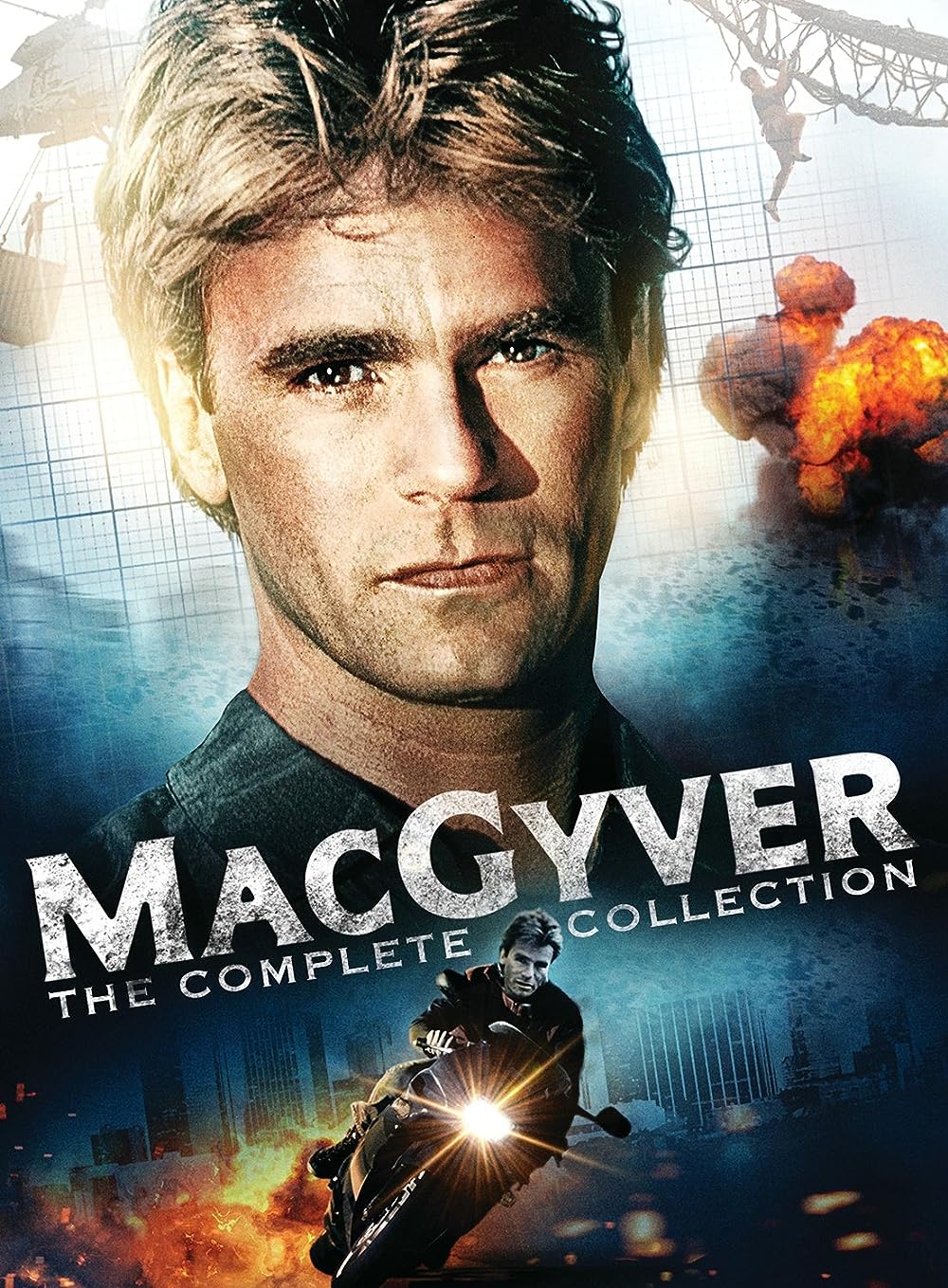Introduction
In the annals of television history, few characters have left as lasting an impression as Angus MacGyver, the resourceful and ingenious secret agent who graced screens in the beloved series “MacGyver.” Running from 1985 to 1992, this action-adventure show transcended its genre, captivating audiences with a unique blend of problem-solving, action, and character-driven narratives. In this extensive exploration, we will delve into the origins, characters, impact, and enduring legacy of the iconic “MacGyver.”
The Birth of “MacGyver”
Concept and Development
“MacGyver” emerged from the creative minds of Lee David Zlotoff and executive producer Henry Winkler. The concept centered around Angus MacGyver, a non-violent secret agent who used his scientific prowess and problem-solving skills to navigate through perilous situations. The character’s aversion to firearms and reliance on improvisation set “MacGyver” apart from conventional action heroes.
Angus MacGyver: The Unlikely Hero
Richard Dean Anderson brought Angus MacGyver to life, imbuing the character with a charming mix of intelligence, wit, and a profound sense of morality. MacGyver’s trademark mullet and resourcefulness quickly made him an iconic figure in the world of television, earning Anderson widespread acclaim for his portrayal.
The World of “MacGyver”
Premise and Format
“MacGyver” followed the adventures of its titular character as he worked as a troubleshooter for the Phoenix Foundation. The series was characterized by its episodic format, each episode presenting MacGyver with a unique challenge or threat that required his unconventional problem-solving skills. MacGyver’s ability to escape dire situations using everyday items became a defining feature of the show.
Episodic Storytelling
The show’s episodic nature allowed for a diverse range of narratives, from espionage and international intrigue to environmental and humanitarian issues. MacGyver’s adventures took him across the globe, reflecting the show’s commitment to exploring a variety of themes while maintaining a consistent tone of resourceful problem-solving.
Impact and Cultural Relevance
Educational Value
One of the unique aspects of “MacGyver” was its educational undertones. The character’s use of scientific principles and everyday objects to solve problems became a trademark of the show. MacGyver’s resourcefulness inspired a generation of viewers to approach challenges with a creative and pragmatic mindset.
Global Popularity
“MacGyver” achieved widespread popularity not only in the United States but also internationally. The character’s universal appeal, coupled with the show’s diverse storytelling, transcended cultural boundaries, making MacGyver a global icon.
Iconic Catchphrase
The series introduced the iconic catchphrase “I can do that” as MacGyver confidently approached each problem with a can-do attitude. The catchphrase became synonymous with the character’s ethos of resourceful ingenuity and added to the show’s enduring cultural impact.
Characters and Cast
Richard Dean Anderson as Angus MacGyver
Richard Dean Anderson’s portrayal of Angus MacGyver remains one of the defining performances in television history. Anderson’s charismatic and relatable depiction of the character earned him a dedicated fanbase and solidified MacGyver as an iconic figure in popular culture.
Supporting Characters
While MacGyver was the central focus, the series featured a memorable supporting cast, including Dana Elcar as Pete Thornton, MacGyver’s friend and director of operations at the Phoenix Foundation. The camaraderie between MacGyver and his colleagues added depth to the show’s character dynamics.
Behind the Scenes
Production Challenges
The production of “MacGyver” was not without its challenges. The series faced budget constraints and logistical hurdles in creating realistic scenarios that showcased MacGyver’s problem-solving abilities. Despite these challenges, the creative team consistently delivered compelling and entertaining episodes.
Legacy of Realism
“MacGyver” was praised for its commitment to realism in portraying MacGyver’s improvisational skills. The use of actual scientific principles and plausible scenarios contributed to the show’s authenticity, setting it apart from other action-adventure series of its time.
Enduring Legacy
Cultural References
“MacGyver” left an indelible mark on popular culture, with the character becoming synonymous with creative problem-solving. The show’s influence is evident in various cultural references, parodies, and the continued use of “MacGyver” as a verb to describe ingenious solutions.
Merchandising and Spin-Offs
The enduring popularity of “MacGyver” led to a range of merchandise, including books, comics, and action figures. Additionally, the success of the original series spawned spin-offs, including a 2016 reboot that introduced a new generation to the MacGyver legacy.
Impact on Filmmaking
The legacy of “MacGyver” extends beyond television, influencing filmmaking and storytelling. The character’s emphasis on intelligence and resourcefulness over brute force has inspired subsequent generations of writers and creators to explore non-traditional heroes.
Fan Appreciation and Nostalgia
Dedicated Fandom
Decades after its original run, “MacGyver” continues to enjoy a dedicated and passionate fanbase. The show’s themes of resourcefulness, morality, and intelligence resonate with viewers, fostering a sense of nostalgia for those who grew up with Angus MacGyver.
Online Communities and Revival
Online communities dedicated to “MacGyver” thrive, providing a platform for fans to discuss episodes, share trivia, and express their enduring appreciation for the show. The digital age has facilitated a revival of interest in “MacGyver,” introducing the series to new audiences.
Conclusion
“MacGyver” (1985–1992) stands as a timeless exemplar of television excellence, blending action, intelligence, and morality into a captivating narrative. Angus MacGyver’s resourceful ingenuity, brought to life by the charismatic Richard Dean Anderson, has left an indelible legacy in the hearts of fans worldwide.
As we reflect on the adventures of the mullet-sporting troubleshooter, it becomes evident that “MacGyver” transcended the confines of its genre, delivering a unique viewing experience that resonates across generations. Whether it’s the ingenious problem-solving, the iconic catchphrase, or the enduring appeal of Angus MacGyver himself, the legacy of “MacGyver” continues to shine as brightly as MacGyver’s trusty Swiss Army knife. In the vast landscape of television history, “MacGyver” stands tall as a beacon of resourceful ingenuity, reminding us all that sometimes, all you need is a little duct tape and a whole lot of creativity to overcome life’s challenges.
